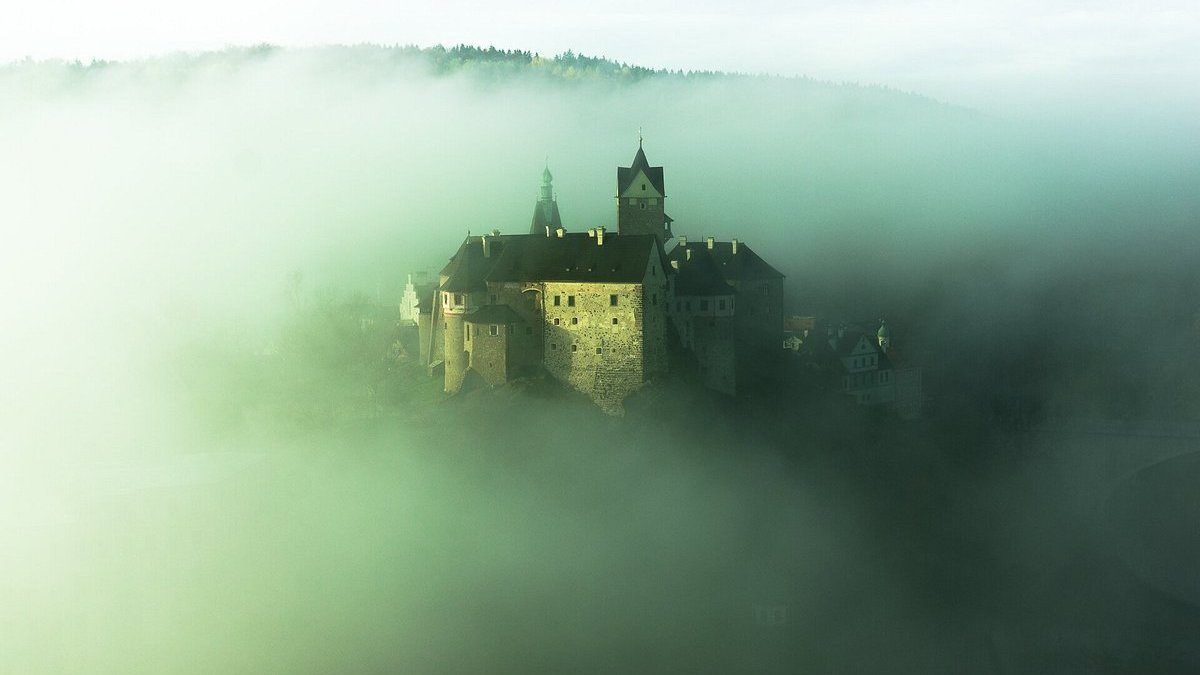Prokofiev’s “Summer Night” Suite: Music from “Betrothal in a Monastery”
Sergei Prokofiev’s 1946 comic opera, Betrothal in a Monastery, involves trickery, bribery, disguises, an averted arranged marriage, and (in the final act) monks engaged in alcoholic revelry. A twentieth century homage to Italian opera buffa, it is far removed from the cultural and political landscape of Stalin’s Soviet Union. In 1950, Prokofiev used music from the opera as the basis for the five movement orchestral suite, Summer Night, Op. 123. The boisterous, larger-than-life music which …







